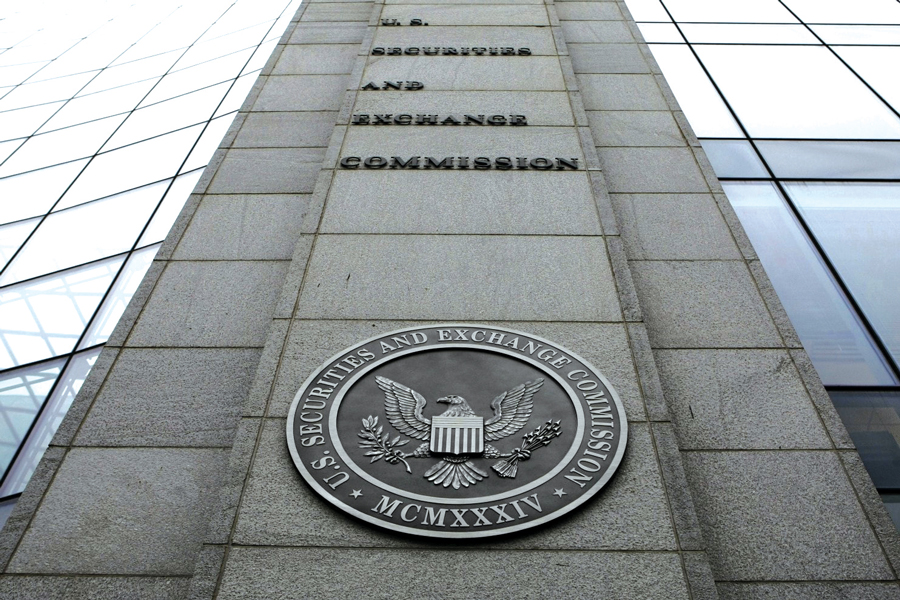

City National Rochdale, the wholly-owned registered investment advisory unit of New York-based City National Bank, has agreed to pay more than $30 million to settle charges brought by the SEC that the RIA's undisclosed conflicts of interest defrauded clients.
The Securities and Exchange Commission also censured the firm.
The money that the City National unit pays will be placed into an SEC fund to be distributed to harmed investors, the agency said in a release.
According to the SEC’s order, from at least 2016 through 2019, City National Rochdale, which has discretionary authority over client accounts, didn't let clients know that it was investing their assets in proprietary mutual funds that generated fees for the RIA and its affiliates, rather than in the funds of competitors that might charge lower fees.
The order also found that from at least 2016 until 2019, CNR failed to inform some prospective clients that they could invest in the RIA’s proprietary funds at a lower cost. Clients who opened accounts with certain affiliates of CNR didn't pay 12b-1 fees, but most clients who invested with CNR through their own financial advisers did.
[More: Goldman probed by SEC over messages sent using unapproved services]

It's a showdown for the ages as wealth managers assess its impact on client portfolios.

CEO Ritik Malhotra is leveraging Savvy Wealth's Fidelity partnership in offers to Commonwealth advisors, alongside “Acquisition Relief Boxes” filled with cookies, brownies, and aspirin.

Fraud losses among Americans 60 and older surged 43 percent in 2024, led by investment schemes involving crypto and social manipulation.

The alternatives giant's new unit, led by a 17-year veteran, will tap into four areas worth an estimated $60 trillion.

"It's like a soap opera," says one senior industry executive.
RIAs face rising regulatory pressure in 2025. Forward-looking firms are responding with embedded technology, not more paperwork.
As inheritances are set to reshape client portfolios and next-gen heirs demand digital-first experiences, firms are retooling their wealth tech stacks and succession models in real time.
